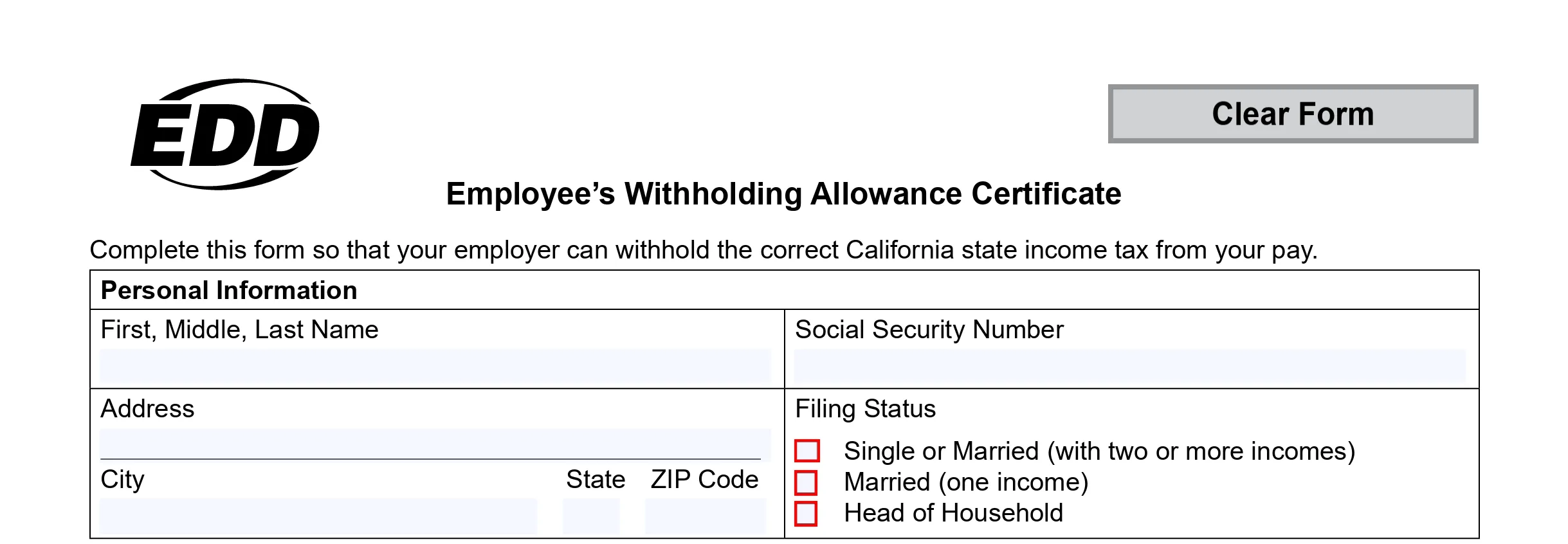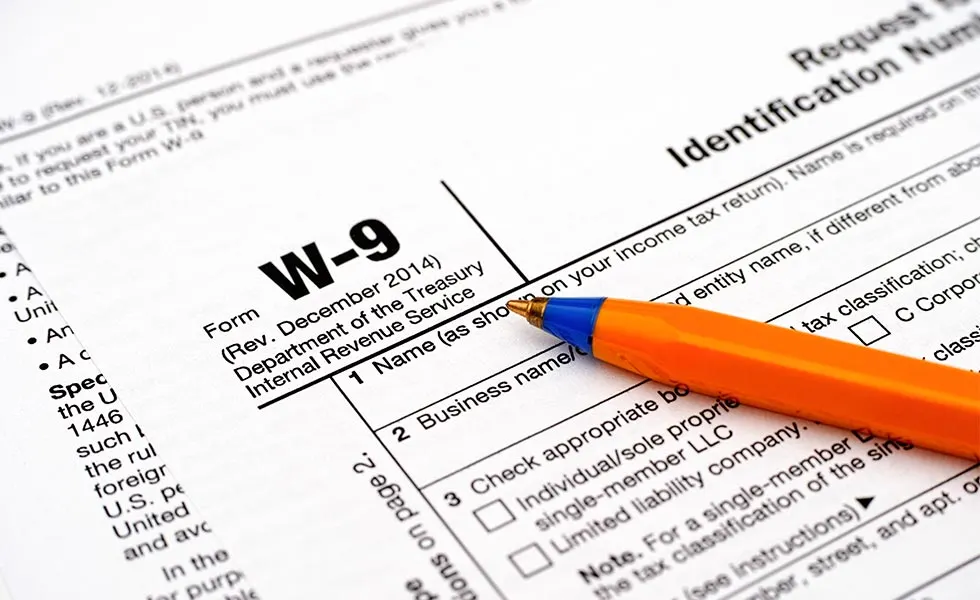The Comprehensive Guide to Tax Deductions for Small Business Owners
Navigating tax deductions can significantly impact the financial health of a small business. This guide aims to equip small business owners with the knowledge to leverage every available deduction, ensuring they maximize savings and maintain compliance with tax regulations.

1. Home Office Deduction
If you use a portion of your home exclusively for business, you may qualify for the home office deduction. This includes expenses such as mortgage interest, insurance, utilities, repairs, and depreciation. To claim this deduction, the space must be used regularly as your principal place of business.
2. Vehicle Expenses
Small business owners who use their vehicles for business purposes can deduct vehicle expenses. There are two methods: the standard mileage rate or actual car expenses like gas, depreciation, repairs, and insurance. Keeping detailed logs of business mileage versus personal use is crucial for this deduction.
3. Supplies and Equipment
The cost of supplies and equipment necessary for your business operation is fully deductible. This includes everything from computers and office supplies to machinery and furniture. For expensive equipment, consider the Section 179 deduction, which allows you to deduct the full purchase price in one year.
4. Employee Benefits
Benefits you provide to employees, such as health insurance, retirement plans, and education assistance, are deductible. These not only reduce your taxable income but also enhance employee satisfaction and retention.
5. Professional Services
Fees paid for professional services such as lawyers, accountants, and consultants can be deducted. This is particularly beneficial for specialized advice that helps manage your business more effectively.
6. Advertising and Promotion
The costs associated with advertising and promoting your business—including marketing materials, website maintenance, and digital advertising—are fully deductible. This encourages businesses to invest in growth activities without a heavy tax burden.

7. Travel Expenses
When travel is necessary for your business, expenses like flights, hotels, meals, and car rentals are deductible. However, the travel must be primarily for business, and detailed records must be maintained.
8. Education and Training
Expenses for education and training that improve your or your employees’ skills are deductible. This could include workshops, seminars, and classes related to your business field.
9. Sector-Specific Deductions
Depending on your business type, there may be additional specific deductions. For example, manufacturers might deduct raw material costs, while a real estate business might deduct rental losses.
Conclusion
Understanding and utilizing the full range of tax deductions available can significantly reduce your tax liability and boost your business's profitability. Always consult with a tax professional to ensure you're making the most of your deductions and staying compliant with current tax laws.
By ensuring you are well-informed and proactive in your tax planning, you can not only save money but also strategically reinvest in your business's growth and stability.
Disclaimer: This blog is meant for informational purposes only and should not be considered as tax advice. Consult with a qualified tax professional or advisor for personalized guidance based on your specific situation.
Reach out to us today at [email protected], and let's work together to optimize your tax situation and financial well-being. Your journey towards a more tax-efficient future starts here.



